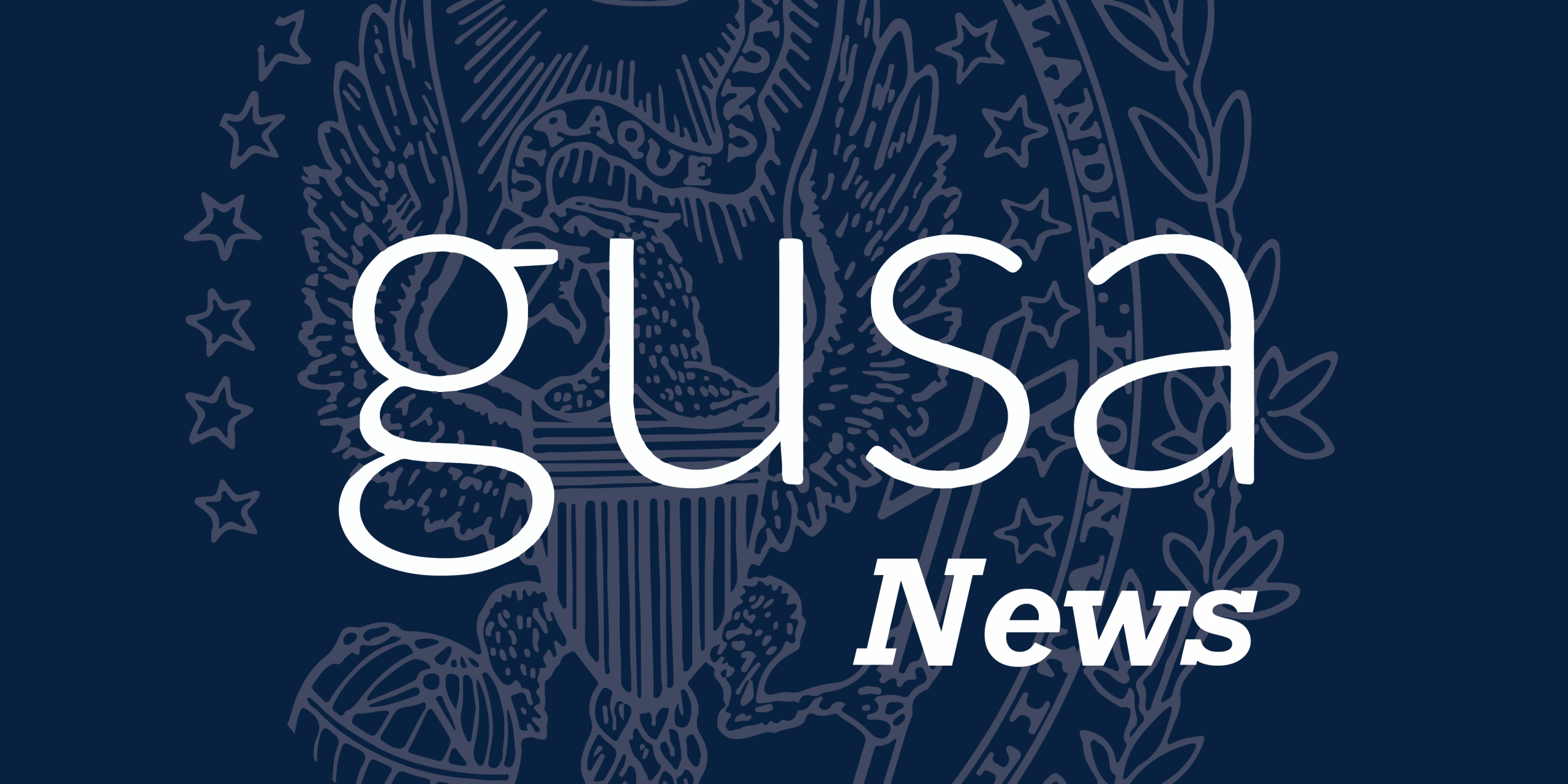Content warning: This article contains mentions of gun violence and sexual assault.
GUSA passed legislation condemning Georgetown’s late response to safety concerns through HoyAlert following a shooting at 33rd and M St. on Jan. 31, as well as a resolution to advocate for safety measures against sexual assault at their meeting on Feb. 6. The Senate also rejected a motion to extend the petitioning period for GUSA elections.
The first resolution, introduced by vice speaker Rowlie Flores (COL ’22), critiqued the university’s delay in alerting the Georgetown community of the homicide on M St. The shooting occurred at approximately 6:00 p.m. last Monday. The university sent out a HoyAlert at 7:14 p.m., stating that a shooting had been reported and that students should “avoid the area and follow instructions from authorities.” A more detailed email from GUPD followed at 8:00 p.m., with limited information about the suspect and safety guidelines for students.
The resolution noted that the first email communication sent to the student body did not include actionable information or resources—such as not approaching the shooter, locking doors and windows, walking in groups, and utilizing the SafeRides program.
Proponents of the resolution pointed to the lack of initial response from GUPD, with many students having received information of the safety concern through GroupMe and local news coverage rather than HoyAlert.
“It took an hour and a half for GUPD to even send a sufficient message and that initial message was really disappointing to say the least,” Flores said. “It failed to say what you should do in situations like this.”
To resolve these communication problems, the resolution calls upon the university to hire a communications officer for GUPD and improve coordination between GUPD and the Metropolitan Police Department, and reaffirmed a 2020 resolution calling for a student advisory committee to oversee GUPD misconduct and propose recommendations for avenues of reform.
The resolution passed unanimously with no abstentions.
Sen. Sanji Ranganathan (SFS ’25) introduced a resolution to improve sexual assault and student safety measures on campus in response to an incident of sexual assault on Feb. 1 in the Rafik B. Hariri Building. The university sent an email to the community at 9:07 p.m., alerting students an assault had occurred at 7:40 p.m. earlier that evening.
The resolution demands the university address staffing shortages in Health Education Services to enable mandatory in-person sexual assault prevention training under the Sexual Assault Peer Educators (SAPE) program. The resolution also calls on the university to institute a content warning prior to public statements on sexual misconduct, a warning which was missing in the email sent on Feb. 1.
“By not putting a content warning, the email was an issue for not only the victim but also everyone at Georgetown who has been a victim of assault,” Sen. Bayla Huff (COL ’25) said.
Other senators expressed concerns that the email contained no further information or actionable steps. “It was very frustrating to get this two-line email without a content warning that did not go into any further detail on university action,” Ranganathan said.
The resolution passed unanimously with no abstentions.
GUSA debated a motion proposed by Sen. Otice Carder (COL ’23) to extend the petitioning period for the GUSA Executive election, enabling new candidates to be added to the ballot before the polls opened on Feb. 10.
“GUSA needs to be accessible to all, so extending the petition will be consistent with our values,” Carder said.
Sen. Nirvana Khan (COL ’24) questioned Carder’s involvement in potential campaigns that would benefit from this extension. Both Khan and Carder are currently campaigning in GUSA’s Executive election. Sen. Dominic Gordon (COL ’24) proposed an identical motion to avoid any potential conflicts of interest. With all senators affiliated with GUSA campaigns abstaining from the vote, the motion failed by a vote of four to 10, with 10 senators abstaining.
In an emergency meeting on Feb. 9, an amendment to extend the petitioning period failed to gain the necessary two-thirds majority to pass, with 12 senators voting in favor, 5 against, and 6 abstaining.
The next GUSA meeting will be on Feb. 13 at 3 p.m.





